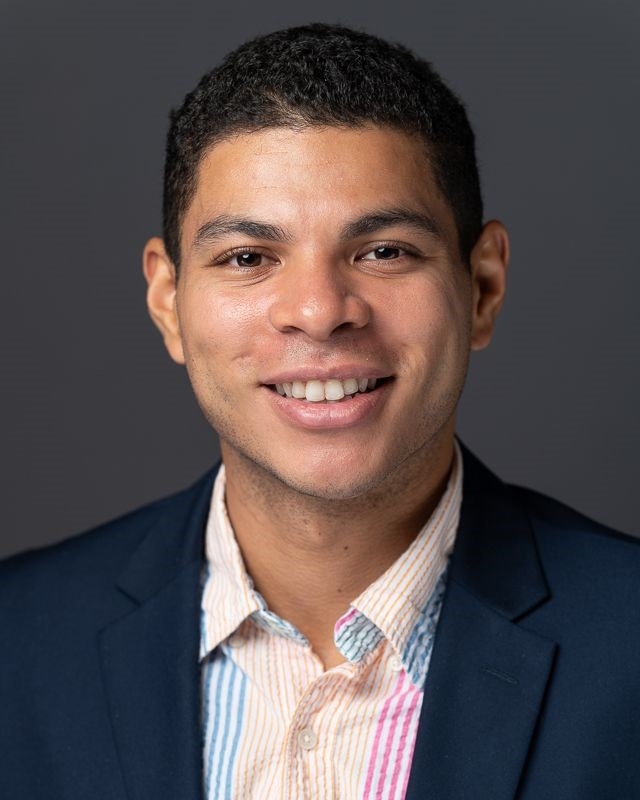Ph.D. student Christian Douglas was awarded a scholarship from the Robert Wood Johnson Foundation to apply his research to help build healthier and more equitable communities.
The Foundation’s Health Policy Research Scholars program (HPRS) is designed for students from historically marginalized backgrounds to connect their identity and lived experiences to developing equitable solutions for complex health challenges within their communities.
“I was incredibly surprised and honored to be selected,” Douglas says. “My cohort (cohort 7) is 40 people and I am the only engineer to my knowledge. Cohort 7 is full of researchers in social work, clinical psychology, and medical and social sciences. I feel out of place but also like I can be the missing puzzle piece to provide breadth to the health policy research we discuss.”

Douglas is part of the Transportation Systems Engineering group and is advised by Professor Michael Hunter. Douglas’s research revolves around addressing inequities within the transportation system. He intends to prioritize low-income and marginalized communities in transportation initiatives, incorporating city planning and public policy with engineering to ensure fair transportation reform.
“As a Black and Hispanic student, I have seen how race plays a role in access, behavior, and interactions,” Douglas said. “I chose to pursue a Ph.D. in transportation engineering to better understand and characterize how and why people make decisions and what institutions can do to enhance service for underrepresented groups.”
Douglas said his Ph.D. research is centered around equity within transportation. He plans to contribute to decision-making practices and inform equity from system service and accessibility approaches.
“My work so far has explored disadvantages imposed on those of various identities within transportation and the role of emerging technology at reducing or furthering these gaps. As I continue in my research, I hope to explore safety and inform health policy and predicative practices to prioritize safe systems especially for disadvantaged and vulnerable roadway users.”
Douglas uses his background in civil engineering and economics to approach his research through a multidisciplinary perspective. As he begins the next chapter of his journey, HPRS will provide Douglas an annual award of $30,000 for up to four years or until completion of his doctoral program to help accelerate and distinguish his research.
“HPRS will equip me to apply my engineering and social science background to affect real change,” Douglas says.
